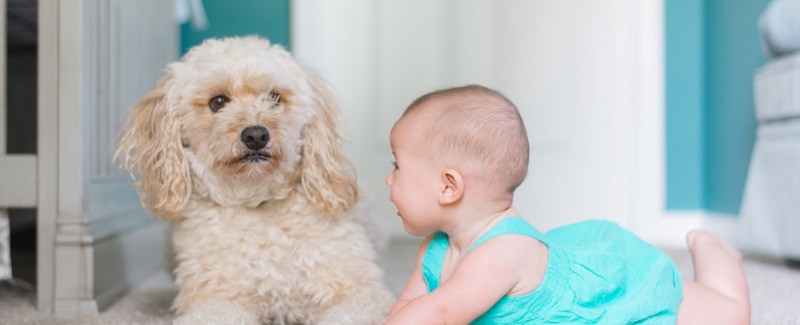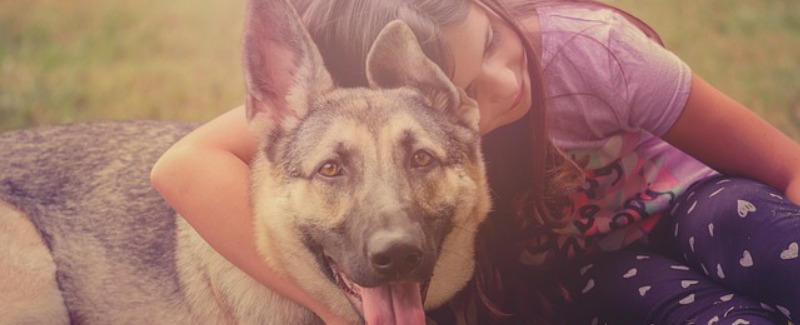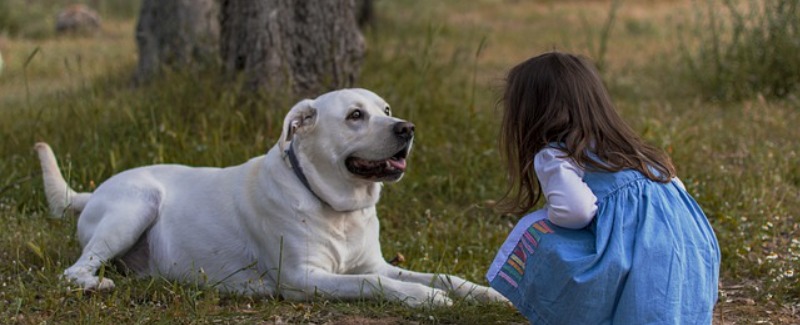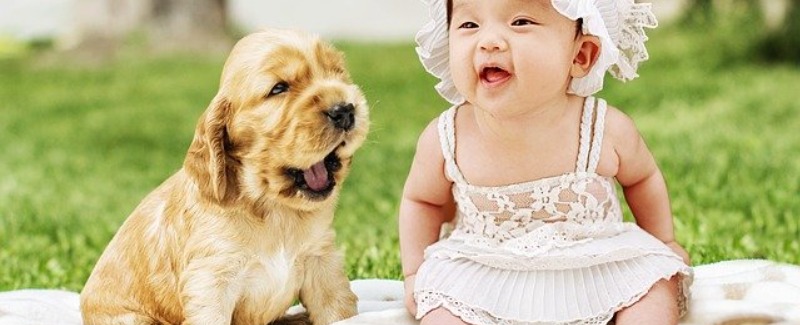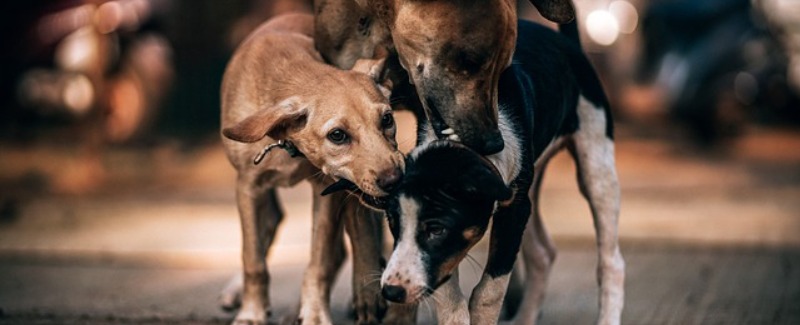Why are dogs protective of babies?
Contents
We often say that the dog is man’s best friend, and the truth is that a beloved and well-trained dog creates a very strong bond with all family members, including children and babies.
Some dogs take this bond to the point of developing a protective instinct towards their family, which makes them take care of them at any time, even having aggressive attitudes towards whom they consider a possible threat. If you want to know why dogs care for babies, keep reading.
The protective instinct of dogs
Although the dog has been with the man for centuries, the truth is that he still has not lost all his wild instinct. It still retains the behavior of its species, especially concerning the survival and care of the herd.
In families where there are small children and babies, the dog feels the need to protect them from strangers who come and also from other dogs. This allows the dog to interact with the children, considering them part of the family.
All dogs can manifest this protective instinct in relation to children and infants, although this is usually stronger in breeds that have been trained for defense, such as the German Shepherd, the Rottweiler, or the Doberman.
Belonging to a herd
Some researchers claim that the dog recognizes the family as its herd, while others assert that, instead of seeing humans as equals, the dog identifies them as the social group to which it belongs .
From the social group, the dog receives affection, food, and care, so any possible threat makes him feel the need to protect his members, both to reciprocate all the love received and to ensure their own survival.
This protection usually goes to the extreme when we talk about smaller family members, such as children and babies. The dog understands that they are more harmless beings and dependent on the group, needing the help of others (including the dog itself) to be well. Also, do not forget that dogs can notice the hormonal changes in humans, noting if someone wants to hurt or is nervous or anxious, for example.
So it’s no wonder that when you take your baby to the park with your dog, he remains alert to what’s happening around you, adopting a protective attitude if someone passes by the baby. This may even happen in your own home when visits arrive that the animal does not know. There are multiple cases of people, large or small, who have been rescued from dangerous situations by their dogs, such as drowning or intruders at home.
When it comes to babies, many dogs do their best to sleep near the little one, whether under the crib or at the bedroom door. This will happen when they are presented properly.
Reinforcing a good bond between the dog and the baby
Building and reinforcing a good relationship between the puppy and the children in the house, including babies, is essential to stimulate this protective instinct and achieve good coexistence among all family members.
Whether you already have the dog at home before the baby arrives or decide to adopt one after birth, from the beginning, it is essential to stimulate a good relationship between the two, reward positive behaviors and let them play and meet, always under the supervision of an adult. It is unnecessary to use dog treats, a “very good” or a simple affection can help to understand that the baby is something very good and that being calm near him is an appropriate attitude.
As the child begins to crawl and walk, he will want to spend more time with the dog and do things like pulling on his ears and tail. At this tender stage, trying to avoid possible incidents that the dog may misinterpret is essential. Later, yes, you can teach your child to have the right relationship with the dog, but when we talk about babies should be the guardians to protect the dog from uncomfortable situations.
Do not forget that it is very important never to scold your dog in front of the baby or after doing something with it since the dog can associate the child’s presence with punishment or negative attitudes towards himself, making him resent the child.
Over the years, the baby grows and can help care for the dog, which will also convey the value of responsibility. He and the dog can become great friends since the love the dogs give the children is unconditional.

